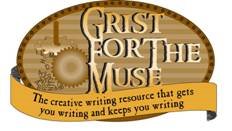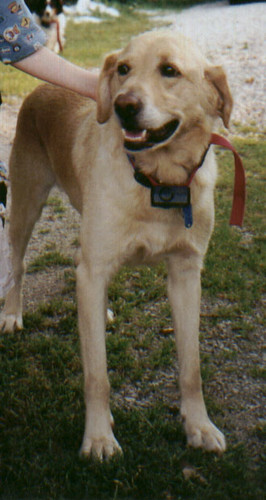 |
| Courtesy of Horia Varlan via Flickr |
There is an old cliché that you “never get a second chance to make a first impression.” Never is this more important than when you read a book. The first round of the
Reading Elimination Tournament going on over at
The 15-Minute Writer illustrates this well. I am reading the first five pages of 64 books to determine if I want to keep reading them. 32 of these books will be eliminated using the following criteria:
- Back cover/Book flap cover descriptions
- Critical acclaim and quotes
- Design and layout of the book
- Author’s name and reputationn
- Writing and content within those first five pages.
Of the five criteria, the writing and content within the first five pages is by far the most important factor in deciding if the book goes onto the next round.
As any agent or publishing professional will tell you, the first five pages of any fictional work has to be great. It has to grab the reader by the throat and force him to keep reading.
One of the greatest books of all time on the subject,
The First Five Pages: A Writer's Guide to Stay out of the Rejection Pile by Noah Lukeman, says it best in the introduction of the book:
"this book is not just about the first five pages of your manuscript; rather, it assumes by scrutinizing a few pages closely enough — particularly the first few — you can make a determination of the whole."
So if you have three typographical errors on the first five pages, you can assume that the book is riddled with them. After dialogue on those pages seems awkward or artificial, you can assume that it is the same in the rest of the book. If the plot or character bores you right off the bat, it's not going to get better from here. So as a writer you have five pages to get your best stuff on their to put the reader in and make them continue to read your book. This includes any reader not just agents or people who read books for a living, but the average the customer browsing the bookshelves, trying to decide between thousands of new books published every month which one she will read next.
The
Fiction Writer’s Brainstormer, provides a checklist for what the first thousand words (about four double-spaced typewritten pages) should achieve. These pages should:
- Introduce the hero character
- Introduce, or at least allude to, the heroic characters worthy adversary
- Present or strongly suggest the surpassing conflicts of the story
- Deliver evidence of the danger, suspense or dramatic irony
- Foreshadow crucial scenes
- Foreshadow the climax
- Demonstrate your ability to write at least one scene filled with action conflict imagery and dialogue
That seems like a lot, doesn't it? But try this: Get several books, read the first five pages of each, and see if the book meet some (or all) of these criteria. Chances are if it has met most of it, you‘ll want to continue reading the book. Within the first round of the
Reading Elimination Tournament over on
The 15-Minute Writer, I analyze each book and determine why (or why they do not) make it to the next round, along with some other hints about making the first five pages of your story better.
This standard doesn't just apply to fiction, this can apply to any form of writing. So make sure that your first five pages are the best that they can be, because the readers are unforgiving judges with long memories.



 Photo courtesy of Ed Younkin via Flickr
Photo courtesy of Ed Younkin via Flickr




